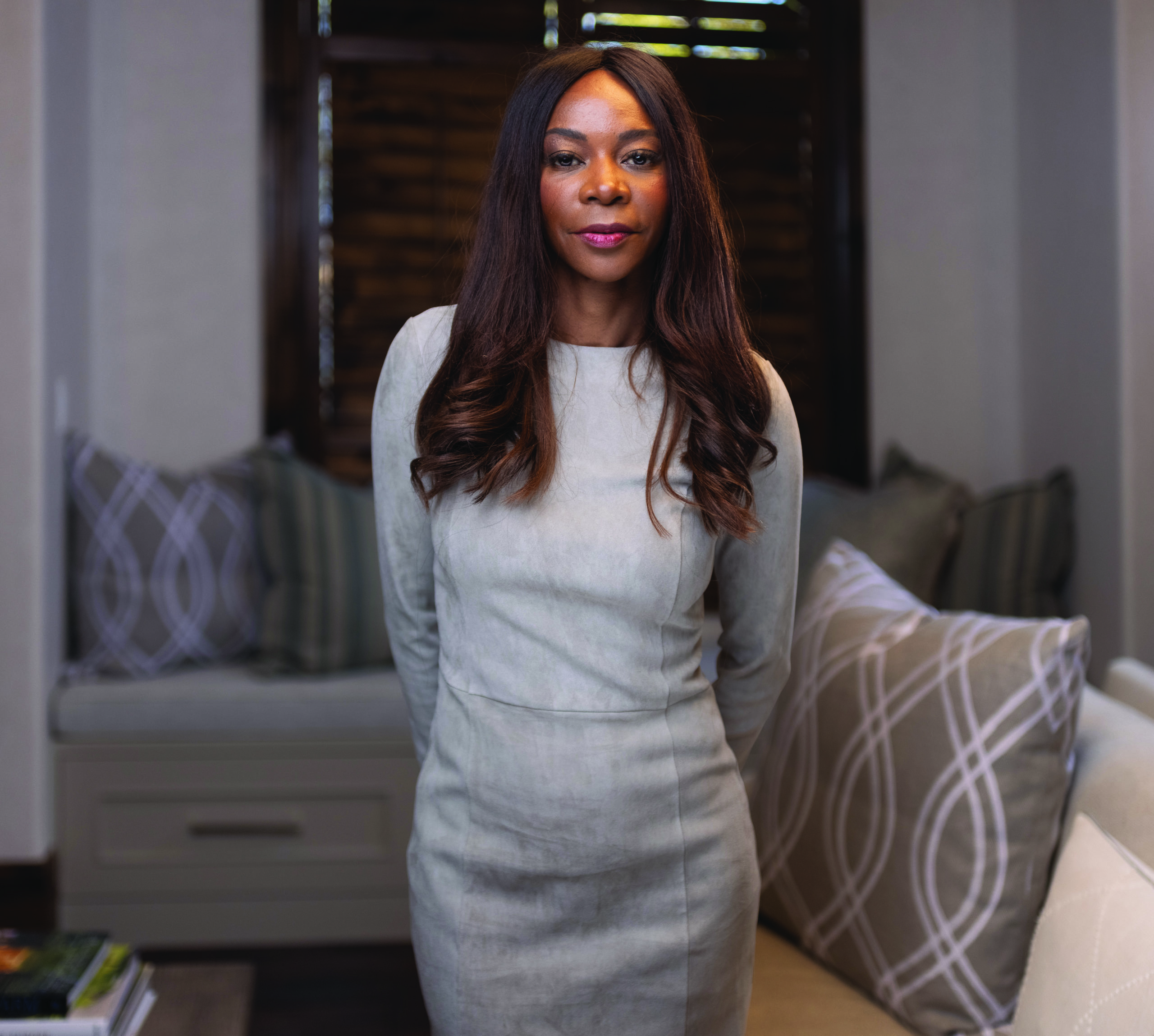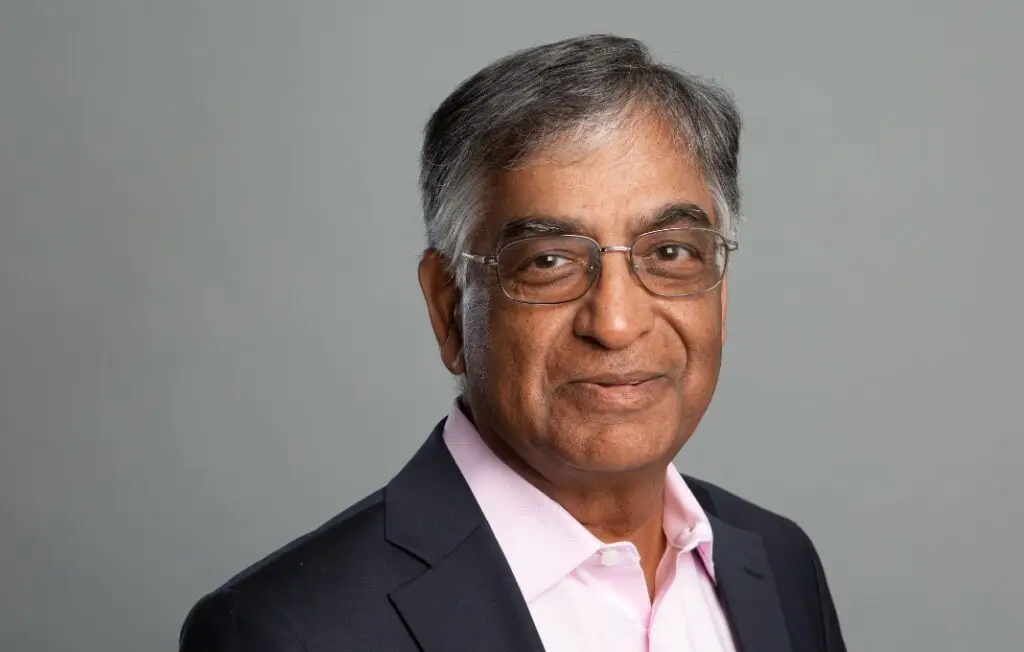 The rise of isolationism, concentration of investment capital, pressure to shun shareholder primacy—there’s no doubt that the world is changing and boards must change with it. But how can directors best anticipate the sweeping changes facing corporations and create a cohesive strategy to tackle the future—and their own blind spots? In a new book, How Boards Work, economist Dambisa Moyo draws on a decade of experience on the boards of multinational companies like Chevron and 3M to examine the headwinds coming our way—and what boards should do to prepare. Insights from a recent conversation, edited for clarity and length, follow.
The rise of isolationism, concentration of investment capital, pressure to shun shareholder primacy—there’s no doubt that the world is changing and boards must change with it. But how can directors best anticipate the sweeping changes facing corporations and create a cohesive strategy to tackle the future—and their own blind spots? In a new book, How Boards Work, economist Dambisa Moyo draws on a decade of experience on the boards of multinational companies like Chevron and 3M to examine the headwinds coming our way—and what boards should do to prepare. Insights from a recent conversation, edited for clarity and length, follow.
As a global economist who serves on multinational company boards, you’ve been warning of a move toward national isolationism broadly. What will that mean from a strategic perspective?
I’m often guided by something Mark Twain said: “It’s not what you don’t know that gets you into trouble. It’s what you know for sure that’s just not so.” I think about that a lot in the context of businesses, because it’s very hard to convince a CEO or a business leader who has been around for 30 years that globalization might be going away.
They’ve sort of come to maturity in and operated in worlds where global trade and supply chains worked. There was carry trade; they were able to borrow money in New York and London at cheap interest rates on a relative basis and invest for significant risk-adjusted returns in places like Brazil, Argentina, South Africa, Russia, et cetera. They’ve been able to hire from a global pool of talent without incident. In fact, many of them came from or worked and lived in different countries.
We’ve also lived in a world where China and the U.S. have gotten along and things like intellectual property rights and world trade agreements are basically governed global standards. And finally, institutions like the IMF, World Bank, a monetary system dating back to 1944 were in operation.
You see those as ongoing trends, not a temporary pullback?
Yes, all of those pillars are under challenge. After the financial crisis, the world trade organizations flatlined at 3 percent. There’s much more fragmentation, whether it’s Brexit or America First, that kind of sentiment. The world is becoming more balkanized.
It’s also a more challenging environment in which to move capital. What we call the carry trade is largely threatened because of capital controls. Sentiment about immigration has changed dramatically toward an anti-immigrant sentiment. How you move people across borders has become more difficult. Then, of course, there’s the splinternet, that within 10 years, we’ll have two competing intellectual property platforms, one Chinese-led and one U.S.-led. There are also signs like the breakdown of cooperation we’ve seen with vaccines, not only China versus the U.S., but even within democratic societies in addressing Covid initially and subsequently in delivering the vaccine.
So, there’s clearly fragmentation happening. The point being from the boardroom, we have to mitigate for that risk and think about businesses that could be much more siloed.
How does the board of a global company work in that world?
One notion I explore is that you might need to have subsidiary boards because all aspects of how you invest could become much more localized. Some companies already operate like that. HSBC operates very much in a subsidiary board structure where you have capital raised in Portugal that is then reinvested in Portugal or whatever country, take your pick. It’s not the parent company borrowing the money and then parceling it out. You have the subsidiaries essentially operating by themselves.
Unilever, I’m told, is similar in that you can actually buy stock in Unilever Pakistan, Unilever Brazil, subsidiary trading hubs, as opposed to buying exposure to Unilever. I argue that if the world does continue to be more fragmented, the board itself needs to become more reliant on subsidiary boards.
You’ve also suggested that what companies should look for in a leader is also changing. Can you share your thinking on succession planning?
I recommend that the board get much more granular about questions around ethics and the moral compass of the CEO. We tend to focus a lot on financial acumen, operational expertise, leadership skills. All of that is critically important, but a lot more work needs to be done on a doubling down on ethics and moral compass. It is not just about the moral compass of the CEOs themselves, but it’s also about making sure that the CEO has the sensitivities and understanding of the complexity of how the world is different. It’s different, it’s constantly evolving.
There’s no doubt in my mind that it will be harder to recruit people who have that wide aperture from a pure experience sense if the world continues to become balkanized, but it doesn’t mean that it’s impossible. The ideal direction is CEOs who are sensitive to these cultural differences and cultural norms that guide the different jurisdictions in which we operate.
Are today’s CEOs being held to a higher standard with regard to leading in areas like ESG and culture?
A big part of it is that there’s no way to hide. The standards are getting higher, but there’s also much more access through social media, through technology, to be able to see and judge people and their behaviors. Traditionally, we would look in a very simplistic way, is something profitable? Is it legal? And that was good enough. But now there’s another leg to think about: Is it actually ethical or moral? Does it stand with our values as a company?
Without being ideological about it, good business practices are expected. In just 18 months, over 400 CEOs and business leaders were fired because of #MeToo. When I looked at my own experience over a decade being on boards, I realized that over 50 percent of the time when I’ve had to censor, fire or punish a CEO or senior executive, it had to do with an ethical infringement and actually nothing to do with missing financial targets or that kind of thing. So, the ethics piece is huge, and for sure as society and our definition of what’s acceptable changes, we are going to have to hold all executives, not just the executive team, not just the CEO but also the board itself to a higher standard, just as corporations are being held to that standard.
You also referenced the consolidation of investment power as an emerging risk. How do you feel about where that’s headed and what the impact has been?
BlackRock, State Street and Vanguard control 20 percent of the investable market and 5 percent of trading on the world’s financial markets. We know that the challenge around that is conflict of interest that needs to be managed around M&A. We have to make sure, in our fiduciary role, that we have the weight and ability to check and challenge what the board and the company are doing so we don’t end up skewed in one direction versus another.
Although there is pressure to listen to investors that have much more pure, raw financial power, we have to make sure that any opportunities for engagement afforded to a larger institution also takes due consideration for other investors. It’s important that conversations are not eating into the mindshare of the management and disrupting operations in a way that’s not constructive. It’s a fine balance. I do think that there is a place where it can work very effectively.
You were on SABMiller’s board when it was acquired by Anheuser-Busch, a $100 billion deal. And you had two large, strategic shareholders on the board. What hurdles did getting through that deal entail?
That offer was somewhat of a surprise. There’s no doubt that the whole board— both non-execs and executives, as well as insiders and outsiders—felt that was going to be a very hard road to climb. We’re talking about Anheuser-Busch having to do the biggest bond ever done in history, about $40 billion, and antitrust rules that they had to get past. We were both invested in China, both invested in the U.S. with massive businesses. So, there was a lot of regulatory complexity that it was not obvious we would be able to work through. In general, we tended to be hyper in making sure that we didn’t fall to a conflict of interest. On a few occasions, we had only the non-insider board members like myself vote on issues.
At any given time, it could have fallen apart. In fact, when we initially were approached, not only was SABMiller trading on FTSE, the London Stock Exchange, but it was also priced in sterling, and we hadn’t anticipated and priced in the 2016 Brexit vote. To the extent that we considered that there would be a vote, we had discounted that it would be a vote for Britain to leave the EU.
We were wrong. Not only did the vote happen, but the vote was for Britain to leave, and the consequences of that were very much felt in the [pound’s value]. We ended up with a lot of hedge funds in the stock, and we had to go back to the drawing board and renegotiate the price. So, an M&A is a very live thing. It took us a good year to get everything done and dusted for that transaction.
Along came Brexit—that brings us back to the difficulty of foreseeing risk related to de-globalization.
Yeah. Believe me, I was chair of risk. Actually, funny enough, I was talking about this with one of my former board members from SABMiller last week. He said, “Dambisa, something I’ve learned after being on this planet 80 years is that you never anticipate what’s going to happen, whether it’s Covid-19, the financial crisis, Donald Trump being elected, Brexit.” Ultimately for boards, that means you do have to constantly think about mitigating for those risks that you just don’t foresee as being important.
So, how do you do that? Prepare for a risk that you can’t expect to foresee?
It’s a lot of what I said earlier about ESG being transparent, being consistent, thinking about scenarios, not just about today but in the future. if you look at what happened with 2020 with Covid, the companies that were able to really flex and change were the companies that had a very strong balance sheet. About 15 percent of American companies right now are zombies—by that, I mean they don’t even have enough cash flow to cover the interest payments on their debt. When bad stuff happens—and bad stuff will always happen—it’s those companies that are vulnerable.
So, it’s managing your business in a prudent way with a disciplined balance sheet, clarity on corporate values and how you measure them, how you make sure that they’re sustainable, but also being flexible and sort of pragmatic about the world in which we live and the complexities of digitalization and globalization and all the big trends we talked about. You need to have that system of flexibility, yet be disciplined around the financials and sort of core values. That, to me, is the tool that gets companies to 300 years, or even to just 160 years, alive and operating as going concerns.





